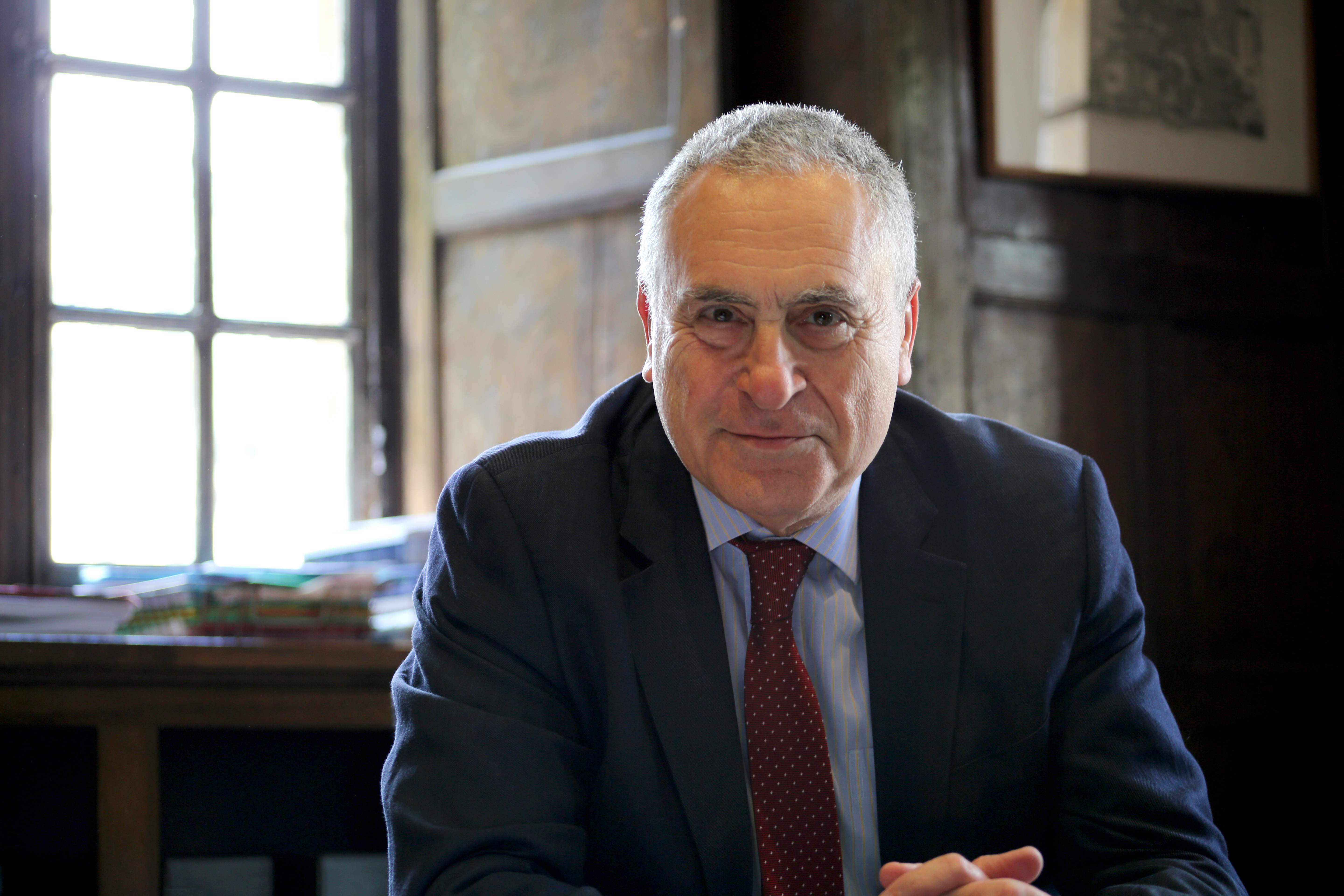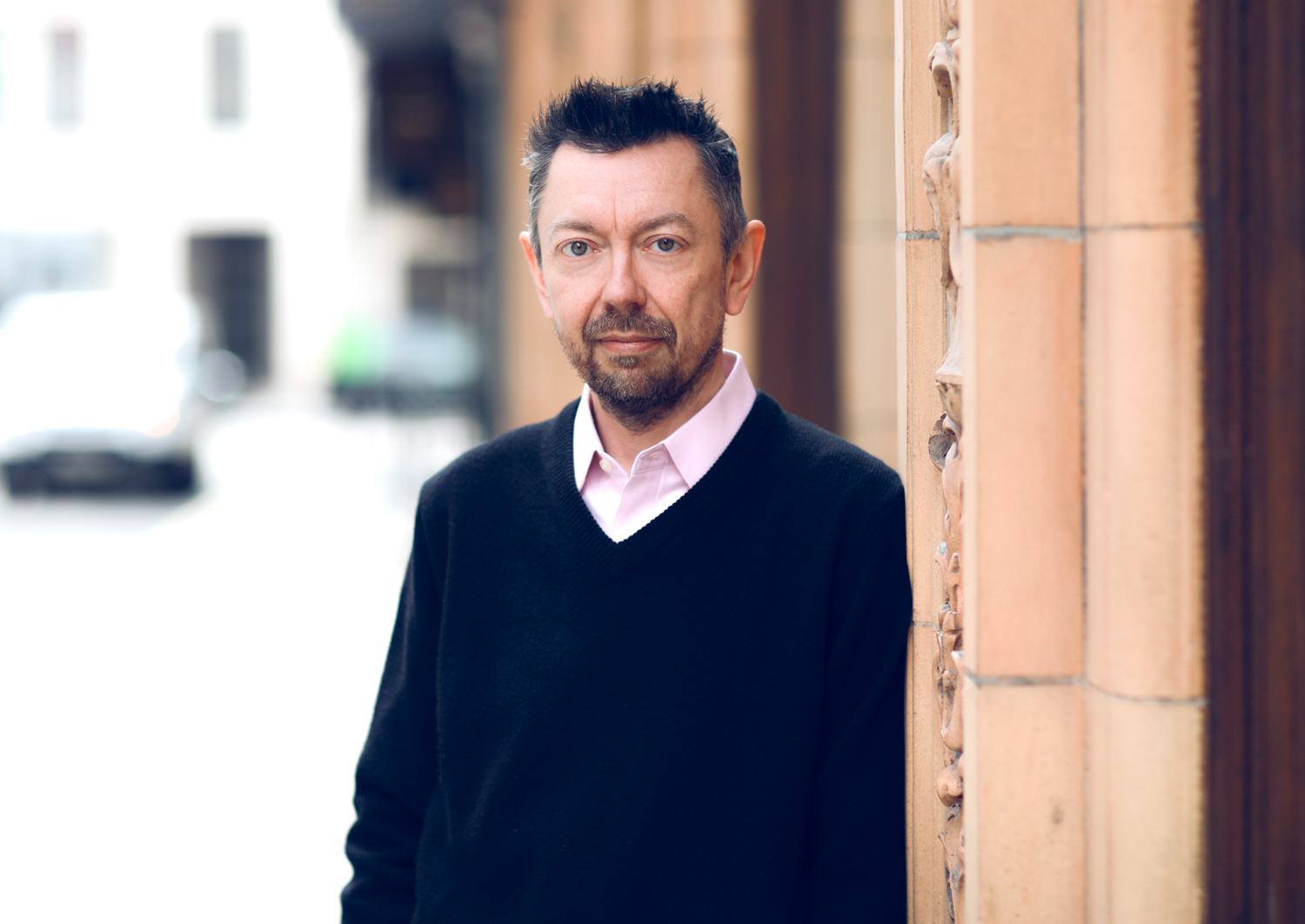Sacha Rose-Smith, chief funding director at City Bridge Foundation describes why London’s biggest independent funder closes applications to rolling programmes.
The past six years have seen momentous change and the steepest of learning curves for our sector.
In 2018, City Bridge Foundation launched a five-year funding strategy to support London’s most disadvantaged communities. At the time, we had no idea how turbulent the years ahead would be.
A cost of living crisis, a pandemic, wars, climate change, the murder of George Floyd and domestic political turmoil – all these have had a dramatic and lasting impact on the lives of Londoners.
During this period, a review of our reserves meant we could offer an additional £200 million in grant funding to support the sector when it needed it most, leading to an unprecedented 75 to 90 per cent success rate in grant applications, depending on grant programme.
We have now committed most of those additional funds and will gradually draw down the remainder to return to our normal levels of grant spending of around £30 million a year by 2027. However, significant challenges still lie ahead.
In recent months we’ve seen a huge increase in applications as the post-Covid surge in demand shows no sign of abating, at a time when other funders, like us, are having to scale down extra support put in place during the pandemic.
To ensure we can deal with existing applications within budget, and to avoid charities spending their valuable time submitting applications unlikely to be successful, we’ve taken the difficult decision of closing all reactive grant programmes for one year, from Tuesday, October 8.
We are acutely aware that, regrettably, this will impact organisations doing valuable and vital work, but believe it is the best way of responsibly and fairly managing our limited resources within the constraints we face.
It’s important to stress that existing grants held by more than 1,150 organisations will not be impacted, while new applications received by noon on Tuesday, October 8 will continue to be assessed against our current criteria.
Crucially, our strategic and collaborative funding programmes, including our suicide prevention work, the Anchor programme for infrastructure organisations tackling societal inequality, and cross-sector collaborations like Propel, will be unaffected.
This pause will give us the time and space to process existing applications and finalise a new 10-year funding policy, delivering more focused funding programmes which target funding where it’s needed most.
The new policy, which follows a period of evaluation, evidence gathering and consultation earlier this year, will include a continued commitment to providing core and unrestricted funding, which we know from the consultation is vitally important to the sector.
There will be other important elements of continuity, not least our commitment to equity, diversity and inclusion; to addressing climate change and to tackling root causes to effect long-term change on the issues Londoners face. We will also maintain our commitment to our funder plus scheme – using our non-financial assets like networks, event spaces and expertise to help our funded organisations.
Finally, our funding review has been accompanied by an extensive year-long review of our practices, recognising that how we fund is as important as what we fund.
Our aim must be to evolve our funding practices so they better meet the needs of London, providing strong, strategic, responsible leadership and working with other funders to ensure a joined-up approach to meet the capital’s needs.
City Bridge Foundation has been around for 900 years, as a world-class bridge owner responsible for five Thames crossings. We have been a charitable funder since 1995 - but we know funding alone is not the answer to the problems we seek to tackle.
Partnership and collaboration will be critical as we work together with the sector, utilising our combined efforts and commitment to deliver the transformation we all want to see – a socially just and more sustainable London.
Latest News
-
Mental health charity staff announce further strike days
-
Regulator concludes case into anti-extremism charity
-
Friday funding round-up: 23 January
-
Career path: From the corporate world to charity CEO
-
Young women key to future of mass participation fundraising, survey suggests
-
Government launches £11.5m Civil Society Covenant fund
Charity Times video Q&A: In conversation with Hilda Hayo, CEO of Dementia UK
Charity Times editor, Lauren Weymouth, is joined by Dementia UK CEO, Hilda Hayo to discuss why the charity receives such high workplace satisfaction results, what a positive working culture looks like and the importance of lived experience among staff. The pair talk about challenges facing the charity, the impact felt by the pandemic and how it's striving to overcome obstacles and continue to be a highly impactful organisation for anybody affected by dementia.
Charity Times Awards 2023
Mitigating risk and reducing claims

The cost-of-living crisis is impacting charities in a number of ways, including the risks they take. Endsleigh Insurance’s* senior risk management consultant Scott Crichton joins Charity Times to discuss the ramifications of prioritising certain types of risk over others, the financial implications risk can have if not managed properly, and tips for charities to help manage those risks.
* Coming soon… Howden, the new name for Endsleigh.
* Coming soon… Howden, the new name for Endsleigh.
Better Society

© 2021 Perspective Publishing Privacy & Cookies













Recent Stories